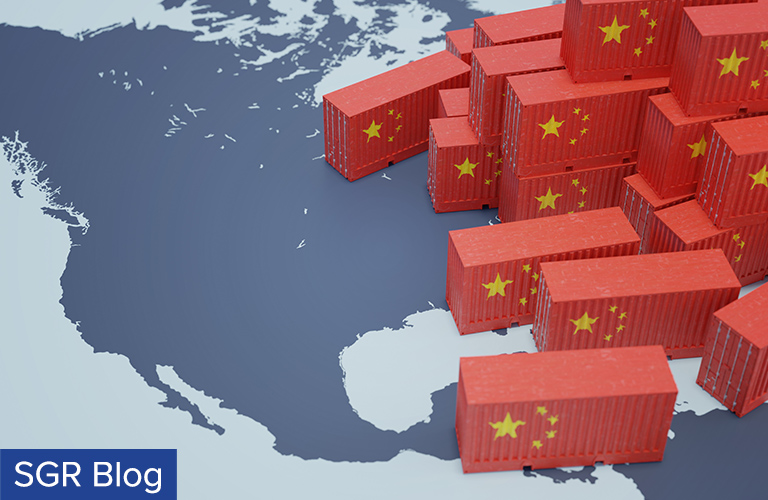
U.S. Customs and Border Protection (“CBP”) is moving aggressively to prevent the importation of Chinese goods suspected of having been made with forced labor. Effective January 13, 2021, CBP, pursuant to a Withhold Release Order, will detain cotton and tomato products produced in China’s Xinjiang Uyghur Autonomous Region at all U.S. ports of entry. This Withhold Release Order is intended to enforce federal law prohibiting the importation of products produced in whole or in part by convict, forced, or indentured labor. 19 U.S.C. § 1307.
CBP’s Withhold Release Order is the latest in a series of U.S. measures targeting products produced in Xinjiang because of concerns over the alleged use of Uyghur forced labor.[1] In July 2020, the U.S. State Department issued guidance on the risks associated with goods made in Xinjiang. Legislation has also been introduced in the U.S. Senate which would require companies to disclose forced labor use in their supply chains.[2]
CBP’s anti-forced labor efforts come against a backdrop of increasing social pressure from across the political spectrum on businesses to ensure their supply chains not only comply with domestic and international law, but also reflect modern values about international labor. Moving forward, businesses can mitigate these legal, reputational, and ethical risks by purchasing goods manufactured in countries, like the United States, that enforce labor standards and good business practices.
If you have questions concerning opening or expanding a domestic manufacturing facility, or questions about onshoring your supply chain, the attorneys at Smith, Gambrell & Russell, LLP have the experience to assist with your business’s needs.
[1] More information is available at: https://www.state.gov/xinjiang-supply-chain-business-advisory/
[2] More information is available at: https://www.sgrlaw.com/slave-free-business-certification-act/

